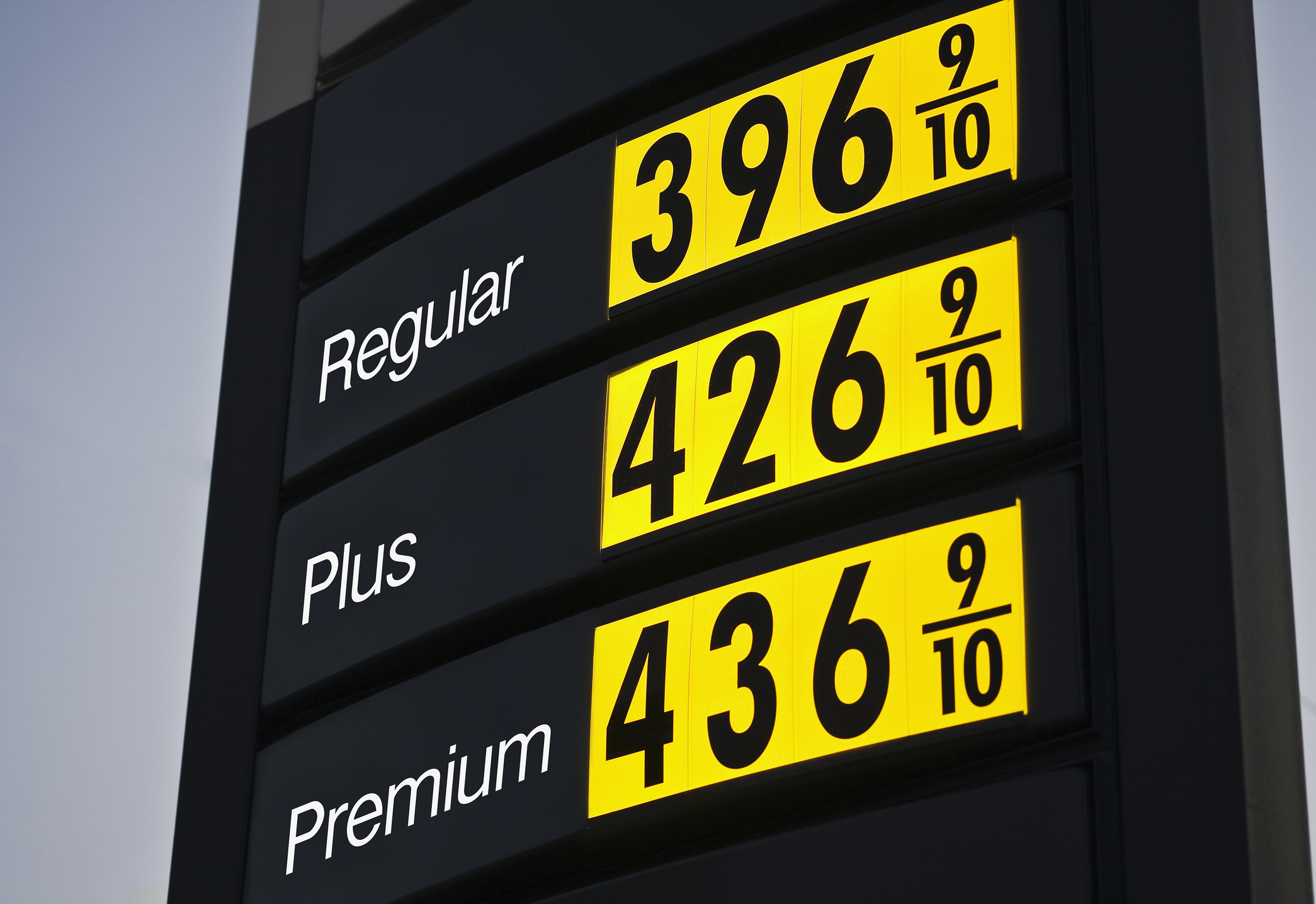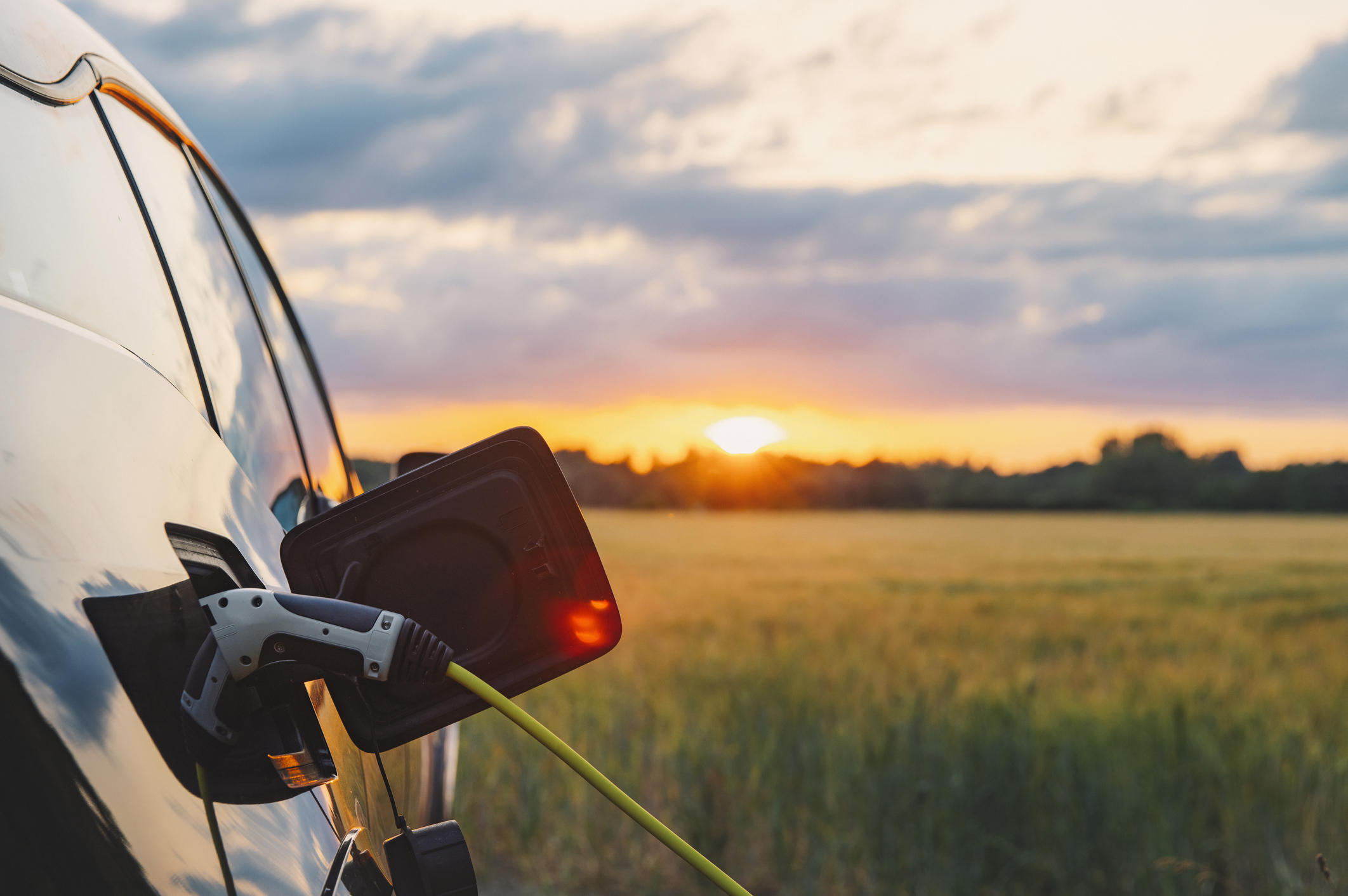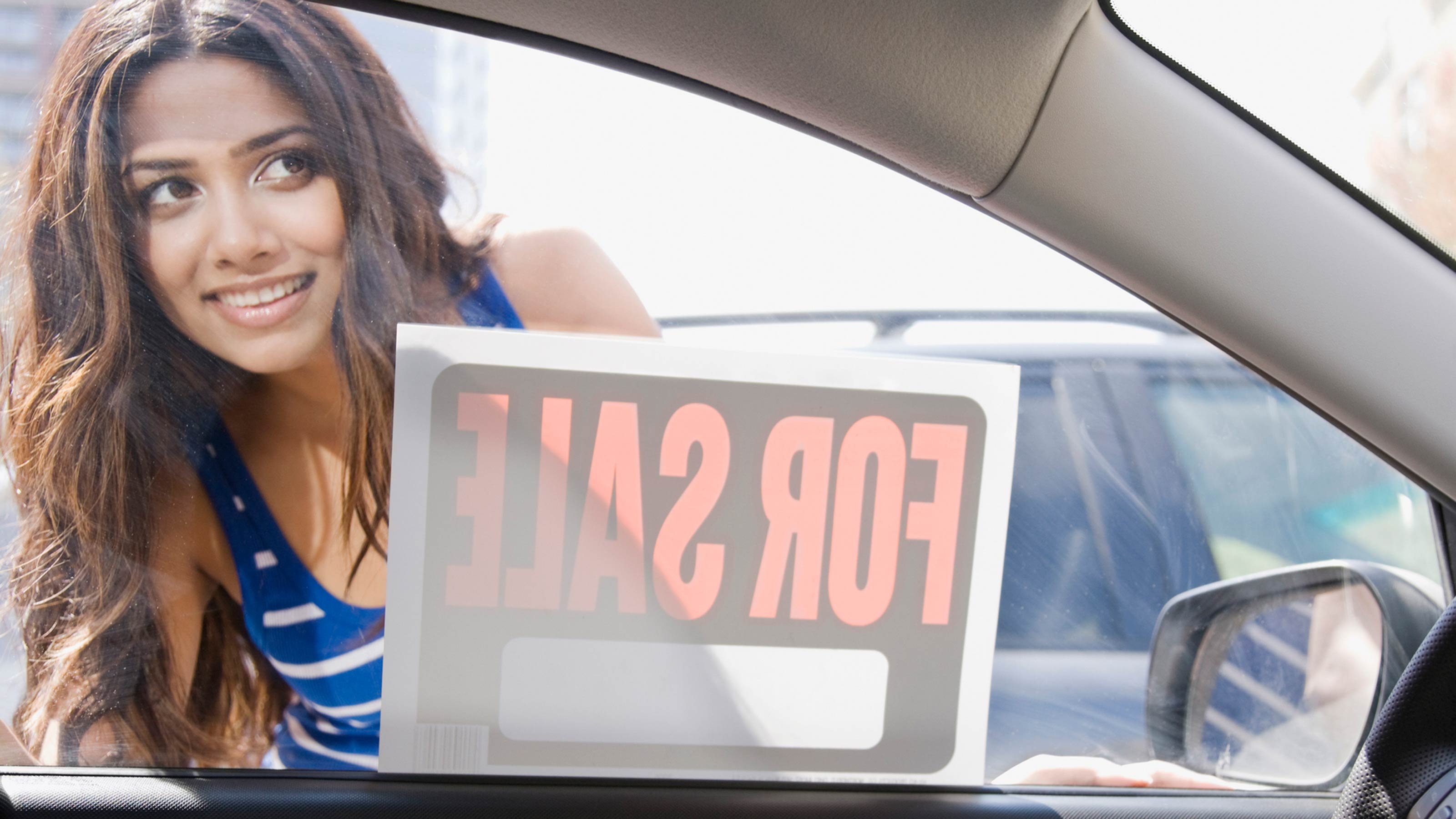Smart Reasons to Lease Your Next Car
If you always have a car payment, you're a good candidate for leasing instead of buying.

Profit and prosper with the best of Kiplinger's advice on investing, taxes, retirement, personal finance and much more. Delivered daily. Enter your email in the box and click Sign Me Up.
You are now subscribed
Your newsletter sign-up was successful
Want to add more newsletters?

Delivered daily
Kiplinger Today
Profit and prosper with the best of Kiplinger's advice on investing, taxes, retirement, personal finance and much more delivered daily. Smart money moves start here.

Sent five days a week
Kiplinger A Step Ahead
Get practical help to make better financial decisions in your everyday life, from spending to savings on top deals.

Delivered daily
Kiplinger Closing Bell
Get today's biggest financial and investing headlines delivered to your inbox every day the U.S. stock market is open.

Sent twice a week
Kiplinger Adviser Intel
Financial pros across the country share best practices and fresh tactics to preserve and grow your wealth.

Delivered weekly
Kiplinger Tax Tips
Trim your federal and state tax bills with practical tax-planning and tax-cutting strategies.

Sent twice a week
Kiplinger Retirement Tips
Your twice-a-week guide to planning and enjoying a financially secure and richly rewarding retirement

Sent bimonthly.
Kiplinger Adviser Angle
Insights for advisers, wealth managers and other financial professionals.

Sent twice a week
Kiplinger Investing Weekly
Your twice-a-week roundup of promising stocks, funds, companies and industries you should consider, ones you should avoid, and why.

Sent weekly for six weeks
Kiplinger Invest for Retirement
Your step-by-step six-part series on how to invest for retirement, from devising a successful strategy to exactly which investments to choose.
Quick quiz: Do you typically trade in for new wheels before your car loan is paid off? If you always have a car payment, you’re a good candidate for leasing instead of buying. With a lease, your total cost of ownership will probably be close to what it would be if you financed a purchase over five years and sold the vehicle early. But at the end of the lease, instead of selling your old car or negotiating a trade-in, you just walk away.
Monthly lease payments cover depreciation and taxes only for the time you have the vehicle. That means the payments will be lower than if you were to buy the car and take out a loan for the same number of months as the lease. You can afford more car — a big reason luxury cars are leased more often than purchased. After your lease is up, you can buy the car or turn it in.
Leases have typically made up only 15% or 20% of the market. But this year, nearly 30% of new-car transactions will be leases, according to Tarry Shebesta, president of LeaseCompare.com, an independent leasing company. That’s partly because carmakers are offering more incentives to lease so they can bring used cars back faster as well as boost their market share.
From just $107.88 $24.99 for Kiplinger Personal Finance
Become a smarter, better informed investor. Subscribe from just $107.88 $24.99, plus get up to 4 Special Issues

Sign up for Kiplinger’s Free Newsletters
Profit and prosper with the best of expert advice on investing, taxes, retirement, personal finance and more - straight to your e-mail.
Profit and prosper with the best of expert advice - straight to your e-mail.
Learning the lingo. When you lease a car, you should haggle over the price — called the capitalized cost — just as you would if you were buying it. Research the invoice price and what others in your area are paying (use our 2013 New Car Rankings tool).
Another component of your payment, the money factor, is essentially the interest rate — multiply it by 2,400 to get an approximate annual percentage rate. Shebesta says that, for the most part, money factors are in line with current interest rates.
The last thing that determines your payment is the residual value, or what the car will be worth when your lease is up. The higher the residual, the lower your payments. That sounds great, but you’ll have a higher purchase price if you choose to buy the car at the end of your lease. It may also be harder to sell the lease if you need to get out early, because chances are greater that the payoff amount will be higher than the market value.
Compare the money factor and residual value in the dealer’s offer with what’s available from other leasing companies (such as LeaseCompare.com) and check with your bank or credit union, too. The lease offers advertised on TV are for specific models and trim levels, and you’ll qualify for those deals only if you have good credit.
Life with a lease. Because new-car warranties typically last three years (the length of most leases), you don’t have to worry about repairs. Some manufacturers, such as BMW and Volvo, offer free maintenance, too. You’ll need to purchase car insurance to cover theft and any damage to the vehicle. Gap insurance is included with most leases to protect you if the car is totaled.
At the end of a lease, you’re assessed additional usage fees only if you have above-average mileage or wear and tear. You can add mileage into your contract at the beginning of a lease to avoid paying penalty fees of 20 cents to 25 cents per mile. And if you treat the car well, wear and tear won’t be an issue (some scratches are expected).
You can’t be assured of exiting a lease early, but there are options. For a fee of $100 to $350, Web sites such as Swapalease.com and LeaseTrader.com will hook up people who want a short-term lease with those looking to get out. Lessors may even offer you a lease pull-ahead — an early out if you trade in for a new lease. If you’re offered such a deal, it’s usually because the car is worth more than it was predicted to be worth and you have equity in the car. Shop local dealers for the best deal, or take the car to CarMax, which will buy out your lease and pay the difference between the payoff price and the car’s market value.
Ask Jessica a question at janderson@kiplinger.com, or follow her on Facebook or Twitter at jandersondrives.
Profit and prosper with the best of Kiplinger's advice on investing, taxes, retirement, personal finance and much more. Delivered daily. Enter your email in the box and click Sign Me Up.

-
 5 Vince Lombardi Quotes Retirees Should Live By
5 Vince Lombardi Quotes Retirees Should Live ByThe iconic football coach's philosophy can help retirees win at the game of life.
-
 The $200,000 Olympic 'Pension' is a Retirement Game-Changer for Team USA
The $200,000 Olympic 'Pension' is a Retirement Game-Changer for Team USAThe donation by financier Ross Stevens is meant to be a "retirement program" for Team USA Olympic and Paralympic athletes.
-
 10 Cheapest Places to Live in Colorado
10 Cheapest Places to Live in ColoradoProperty Tax Looking for a cozy cabin near the slopes? These Colorado counties combine reasonable house prices with the state's lowest property tax bills.
-
 10 Things You Should Know About Buying a Car Today, Even if You've Bought Before
10 Things You Should Know About Buying a Car Today, Even if You've Bought BeforeIf buying a car is on your to-do list, and it's been a while since you went shopping for a new one, this guide will help avoid any nasty shocks in the showroom.
-
 Get the Best Car Deal in Retirement: Here's the Trick
Get the Best Car Deal in Retirement: Here's the TrickPlanning on shopping for a new car this Labor Day weekend? Here’s how to haggle for a better price, even though you're retired.
-
 7 Gas-Saving Tips That Actually Work
7 Gas-Saving Tips That Actually WorkThese are gas-saving tips that will actually work for you and your car this year.
-
 Want to Lease an EV? The Tax Credit 'Loophole' for That Is Going Away Soon
Want to Lease an EV? The Tax Credit 'Loophole' for That Is Going Away SoonTax Credits If you are deciding whether to lease or buy an electric vehicle, here is what you need to know about how the EV lease tax credit works now that it will be eliminated under Trump's new tax law.
-
 Car Buying in a Topsy-Turvy Market
Car Buying in a Topsy-Turvy MarketYou need a new car? Good luck with that! What should you do? We've got some answers.
-
 Watch Out for Flood-Damaged Cars from Hurricane Ian
Watch Out for Flood-Damaged Cars from Hurricane IanBuying & Leasing a Car In the wake of Hurricane Ian, more flood-damaged cars may hit the market. Car prices may rise further because of increased demand as well.
-
 Car Buyers: The 3-Day Grace Period Is Just a Myth!
Car Buyers: The 3-Day Grace Period Is Just a Myth!Buying & Leasing a Car Many car buyers think they have three days after making a purchase to return a car. Here’s where they’re going wrong, and what they should do instead to get a decent used car.
-
 PODCAST: Car-Buying in an Inflated Market with Jenni Newman
PODCAST: Car-Buying in an Inflated Market with Jenni NewmanBuying & Leasing a Car With cars both scarce and expensive these days, what to do if you want – or need – a new ride? Car-buying strategist Jenni Newman of Cars.com shares some tips. Also, more on the magical 9% savings bond.